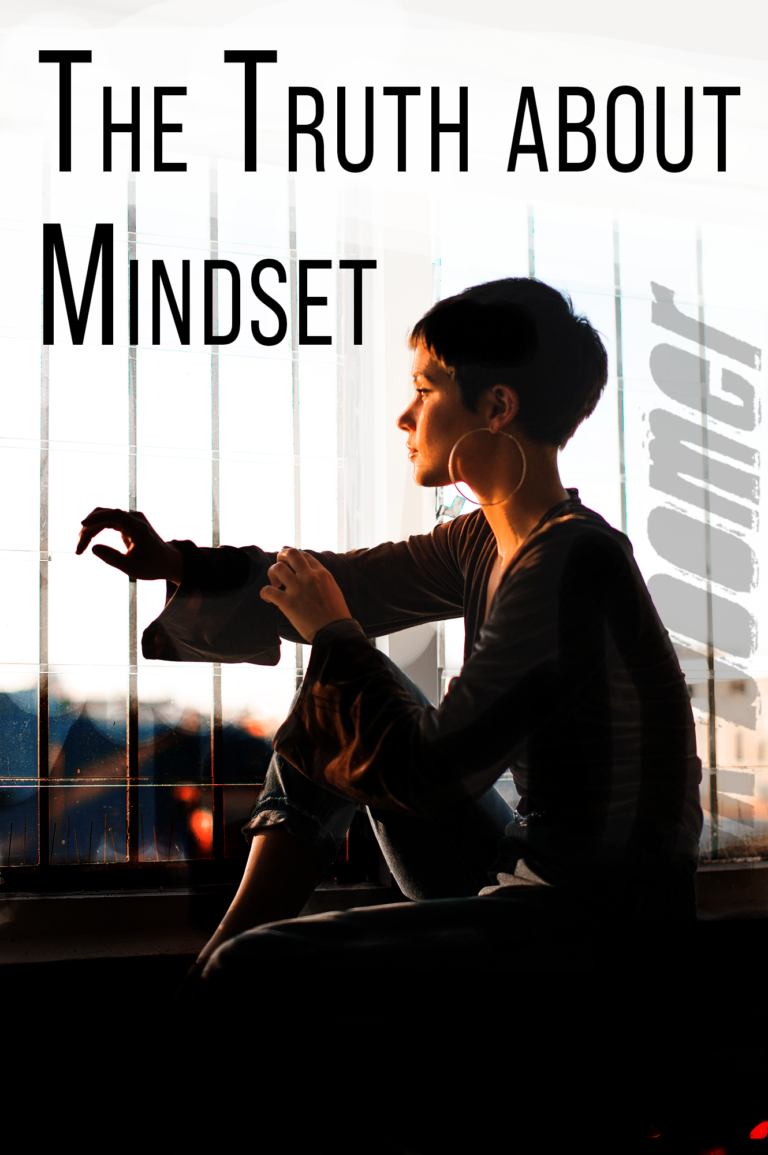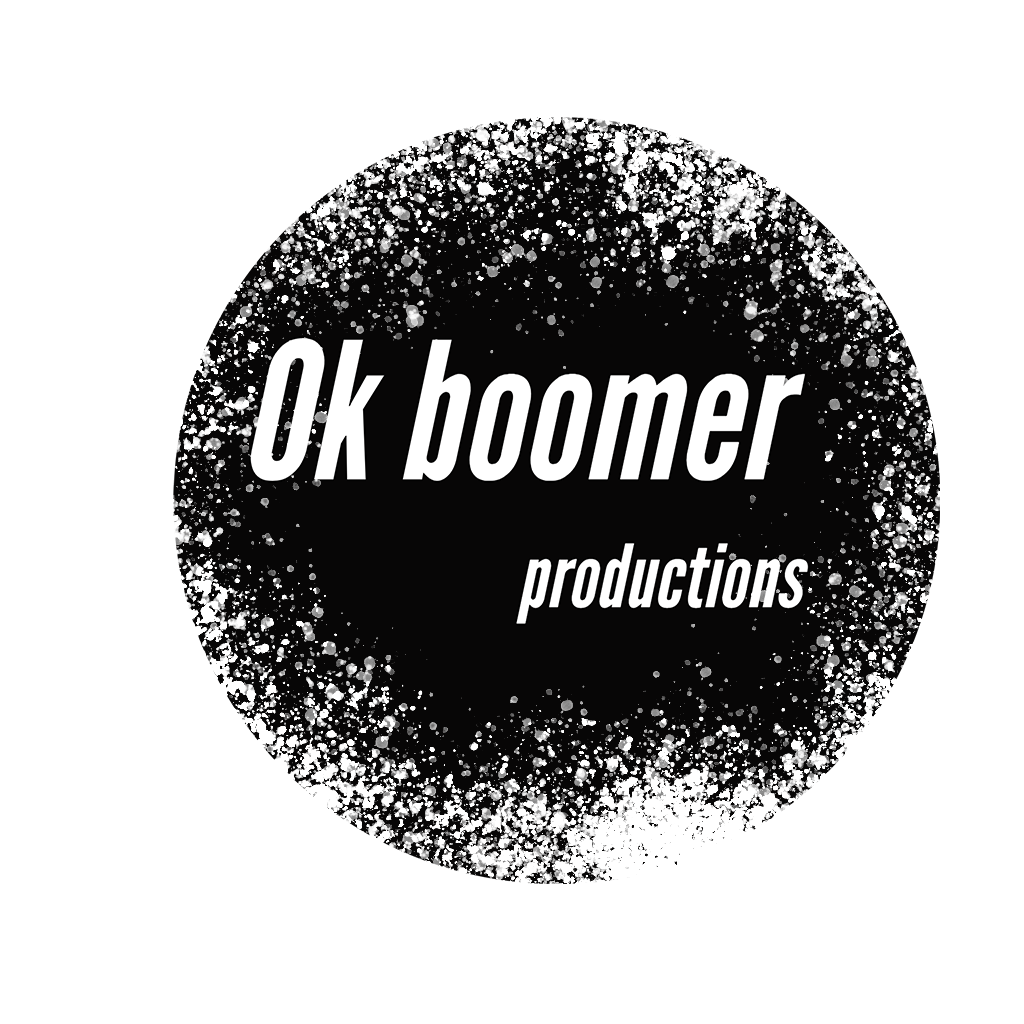
What are you thinking about?
Nevermind, I don’t really want to know, but most of us, at some point in the day, are thinking about what we want. We want to accomplish, and achieve, more specially (for the purpose of this article and to make my thoughts make sense).
Let me start by dissing approximately 60% of the “business owners” I encounter. The coaches. There is a coach for everything. The trending coach fad I see lately is the ‘mindset coach’. I do not know much about what their philosophy/game entails— mostly because I desperately try and dodge coaches, but it has something to do with mindfulness. I love mindfulness. To me, this is envisioning and (at the same time) walking out a mental narrative at the same time developing and redeveloping a strategic process. Who wouldn’t get excited about that? In short, its paying attention to something on purpose. Our draw to mindfulness (or mindset trendiness) is due to our draw to achievement. We desire accomplishments and destinations, and there is nothing wrong with that. If a mindset/life/leadership/good-feelings coach helps you with that, keep it up. But here are three key capacities that should be explored if we hop the mindset train.
1. My capacity to focus.
Just because I’m burnt out on coaches doesn’t mean I don’t respect most of what is taught. Mindfulness is huge for any goal. Instead of focusing on the goal, however, we should start broadening our capacity to focus. Mindfulness is about evaluation and reflection, but its safe to say most of us have things outside of the goal that need our attention. Focusing on my goal is great, but my kids still need to eat, my wife needs some loving, and this garage isn’t going to clean itself. If I borrow focus from here so I can focus more there, I’m sacrificing good in my life in the hopes of creating good somewhere else. I’m not willing to make that sacrifice, especially without a guarantee that it’ll work. If I want good in the future without sacrificing good in the present, I evaluate what is using up focus that doesn’t fall into either category. When I make space to focus, I can choose where it goes.
2. My capacity to lean.
To tap into mindfulness, I must first tap into mindfulness. Tough stuff, but here is what I mean— I must be mindful of what I’m not mindful of. The word is humility. I acknowledge that I am a learner, I will make mistakes, but I will pay close attention to my mistakes. Never pass an opportunity to learn. Soak it up, write it down, and get over yourself. If I was so good, I would have achieved my goal by now. Something has stood in the way, and I want to make darn sure it isn’t my pride or ego. Be mindful that you don’t know a lot.
3. My capacity to adapt.
What I think I know may have worked for a while. I should be mindful that it may not always work. Our socio-economic environment changes, our people change, our desires change, and our goals might change. Maybe we have a lot of resources at the star, but that may not always be the case. I must adapt to what each day brings. More so, I must be able to adapt. Chances are my plan will change as time goes on, but if I am able, willing, and expecting to adapt, any slight change will not be a complete set-back.
The entirety of this conversation is summed up in Wang’s exploration of strategic leadership (2018). The core of strategic leadership, according to Wang, is “recurring and advancing dialogues about who ‘we’ are and whom ‘we’ might become”. What I love about this definition is that it applies to everyone. We all have something in our lives that strategic mindfulness could impact. Whether we lead people or just lead our own lives, we all lead and should aim to lead better.
References
Pratscher, S.D., Rose, A.J., Markovitz, L., & Bettencourt, A. (2018). Interpersonal mindfulness:
Investigating mindfulness in interpersonal interactions, co-rumination, and friendship quality.
Van Es, M., Guijt, I., & Vogel, I. (2015). Theory of change thinking in practice.
Wang, V. C. X. (Ed.) (2018) Strategic Leadership, Charlotte, NC: Information Age Pub.
